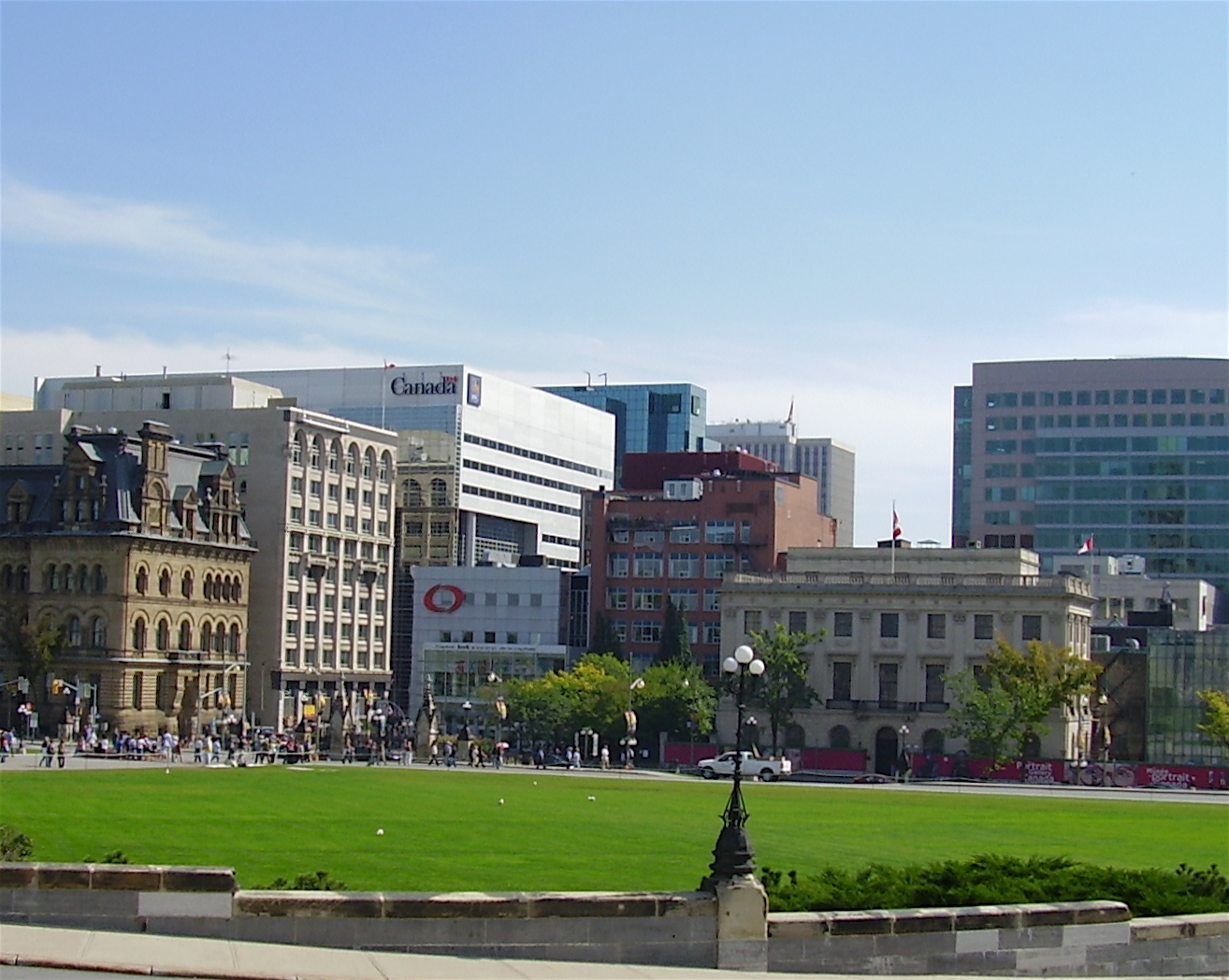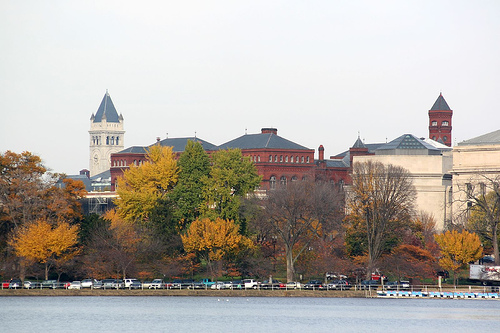You want a job. A job that’s satisfying. A job that uses your knowledge and talents. A job that pays you enough to live on. A job in a place you’d be happy living. A job that also enables you to devote time to other things that are important to you.
But the state of the academic labour market is probably getting you down. You despair at getting a job at all. You fear that all your education is going to be a hindrance rather than a help. You fear that you don’t have any of the skills and experience employers want.
Choosing Your Career Consciously takes you from fear and despair to hope and possibility.
You’ll learn more about yourself: what you have to offer, what conditions are conducive to your best work, what your priorities really are.
You’ll learn how to find out what’s out there. There are lots of jobs that you’ve never even heard of and some of them might be just right for you.
And you’ll do all of this in the supportive environment of a live workshop.
Have you thought about whether you even want an academic job?
Most graduate programs operate on the default assumption that every graduate student wants a career in academia. That’s why, even if you entered graduate school open to the possibility of non-academic jobs, you likely got to the end applying exclusively for academic jobs.
Graduate school and a career in academia are two very different things. You could easily love the one and hate the other.
The job market in most fields is a complete disaster right now.
Even if academia is something you could love, not all academic jobs are the same. You might not love being an academic in a particular place. You might not love being this particular kind of academic.
There might be an even better choice out there for you, a career that would delight you even more. Or, a better combination of place and career.
If you and academia are destined for a life-long love affair, going in consciously will help you navigate the job search process more easily and craft a successful career.
We know it’s scary
Most of us have no idea what else is out there and less than no idea how to go about figuring it out. Even if you wanted to explore other career options, where would you begin?
Your program is probably very focused on preparing you for academia. There may even be overt denigration of other options.
Try this thought experiment. Picture your downtown (or any downtown). Here’s part of each of ours:
 |
 |
What do the people in those buildings do with their eight working hours every single weekday of the year?
We have no idea what they do – and we bet you don’t either.
Not knowing is scary. It just is.
Not knowing something that seems like it’s going to affect the rest of your life isn’t something most of us take lightly – and figuring out what else you might do just doesn’t seem possible.
What the course covers
This course will give you two things: greater insight into your own skills and preferences and a method of exploring the jobs and careers that might be a good fit.
We aren’t promising you a job – Julie teaches another class on how to apply for and get a job once you figure out what you might want to be doing. This course simply opens up the wide world and helps you see all the rich and juicy possibilities before you.
“[The] course is about helping us see that value we already have, break out of academic logic.” Melonie Fullick, @qui_oui
“It helped me see I did have a lot of work experience and that I had already thought through quite a bit of what I needed to. The class identified where I needed to go into more detail, provided some reassurance that I could relax about the eclectic nature of my work experience.” — Christina
The live version of this course is a one-day workshop. It might be pretty intense. We’ll cover all the things we cover in the 6-week teleclass but you’ll have less time to reflect as we go along.
Think of this as a jump-start. You’ll have lots of ideas and hope. You’ll have notes and worksheets and tools you can use after you leave. And you’ll have met other people who live near you who are thinking about the same kinds of things. People you can stay in touch with as you continue your process.
It’s a workshop. I talk a bit, we do an exercise, we discuss some stuff, I add another element, we do another exercise, etc. There is a combination of doing stuff on your own (with big sheets of paper and colourful markers!) and doing stuff as a group.
Course outline
Activating Your Curiosity
Thinking about careers generally brings on panic, but it’s hard to panic when you’re feeling curious. We start by being curious about the breadth of our own lives – and thus our own possibilities.
Identifying What You Have to Offer
We all have skills, but we don’t always know we have them. In this class we draw out our hard skills and our soft skills and learn how to articulate them to potential employers.
Identifying What You Care About
We’re happiest when we’re engaged in work that’s meaningful and challenging. In this class we start to identify what’s meaningful to you, what challenges you, what environment enables you to do your best work, and how all of that fits together.
Expanding Your Possibilities
We tend to only know about the jobs that are customer-facing. In order to figure out what all those people in those buildings do, we have to do some research. We’ll explore online sources in the class and prepare you to continue your research by talking to people with actual jobs to find out what they do all day.
Putting It All Together
Tools are great on their own, but by developing a process of career engagement they become rocket-powered. There will be time to share contact details and make arrangements to keep in touch with other participants.
When is it happening again?
The workshop held October 27, 2011 at Green Bean Coffee in Windsor, Ontario and facilitated by Jo VanEvery went really well. We hope to be able to hold more workshops in future.
Enter your name and email in the boxes below, and you’ll hear about everything we’re doing as soon as it’s available.